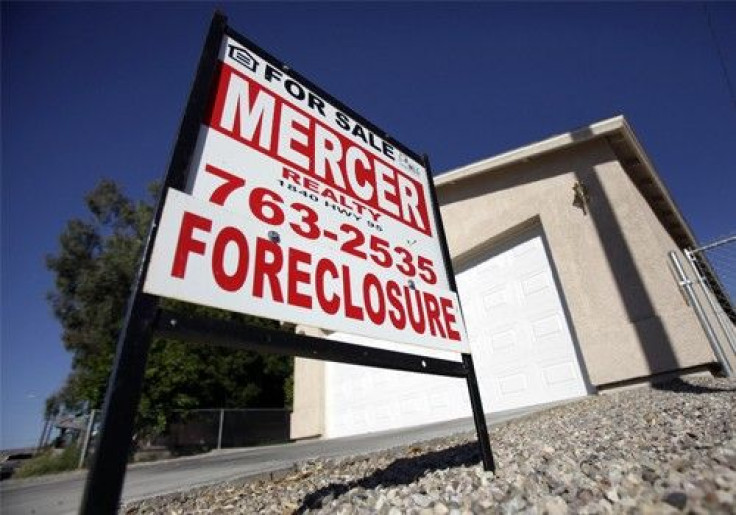Why You Should Buy Distressed Residential Properties
COLUMN: The market for distressed residential properties is heavily distorted and anyone with the cash and ability to buy them can snag some great investments.

Buying distressed residential properties with cash is a great investment idea because distortions have made them extremely cheap.
Distortion is the mother of great investment opportunities. The truth is that profits almost always come at the expense of others who distort the market either through errors in judgment or operational constraints.
In the distressed properties market, the distortions mainly come from big banks.
First, banks are stuck with foreclosed properties they want to get rid of as fast as possible. In many cases, they don’t maximize their returns because they’re not in the business of selling homes. They don’t hold out for higher offers, cleanup the property to make it more presentable, and make minimal repairs to boost sales value.
Second, on the lending side, the lending standards of banks and mortgage lenders are currently so high than even qualified buyers sometimes can’t get reasonable mortgages. For purchases of distressed residential properties, lenders are sometimes even more reluctant.
Third, big banks and hedge funds, the controllers of capital and the major beneficiaries of QE2 in the US, don’t invest in individual residential properties because they need to deploy their capital in bulk. These capitalist simply don’t have the time, will, or experience to grind out profits in the residential properties market. If it takes a stroke on the keyboard to invest $2 billion in the S&P 500 while it would take thousands of workers to invest that amount of money in residential homes, banks and hedge funds will choose the former.
Fourth, many individual buyers are operationally constrained from buying distressed properties at auctions. They may not know how buying distressed properties works or may have no desire to get involved. If the distressed properties are neglected and in need of repairs, some buyers won’t want to touch them.
Fifth, there is an oversupply of distressed properties because big banks often aren’t nimble enough to re-negotiate mortgages to allow existing homeowners to stay in their homes at market-value mortgage rates. Instead, they unnecessarily foreclose on homes, fetch terrible prices for them, and flood the residential properties market with cheap inventory.
The first four distortions deprive the residential properties market of buying demand. The fifth distortion floods it with cheap supply. The end result is extremely undervalued homes for investors who are able to buy them.
Investors shouldn’t buy homes for capital appreciation on valuation considerations – unless their investment horizons are very long – because the five distortions will keep real estate prices low for the medium-term.
Instead, they should buy homes for the cash flow (i.e. rental income) or flip them on operational constraint considerations.
Buying homes for cash flow requires the correct assessment of rental demand versus purchase price and other costs (like insurance and properties tax). It also requires the ability and willingness to act as a landlord.
Flipping homes on operational constraint considerations, which is more risky, involves buying distressed properties, cleaning them up, making a few repairs, and passing them off as “normal” home available for the average buyer.
This article contains the current opinions of the author and should not be considered investment advice.
Click here to follow the IBTIMES Global Markets page on Facebook
© Copyright IBTimes 2024. All rights reserved.











